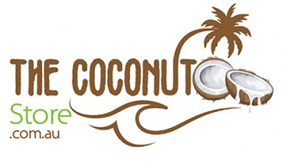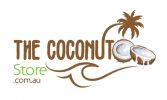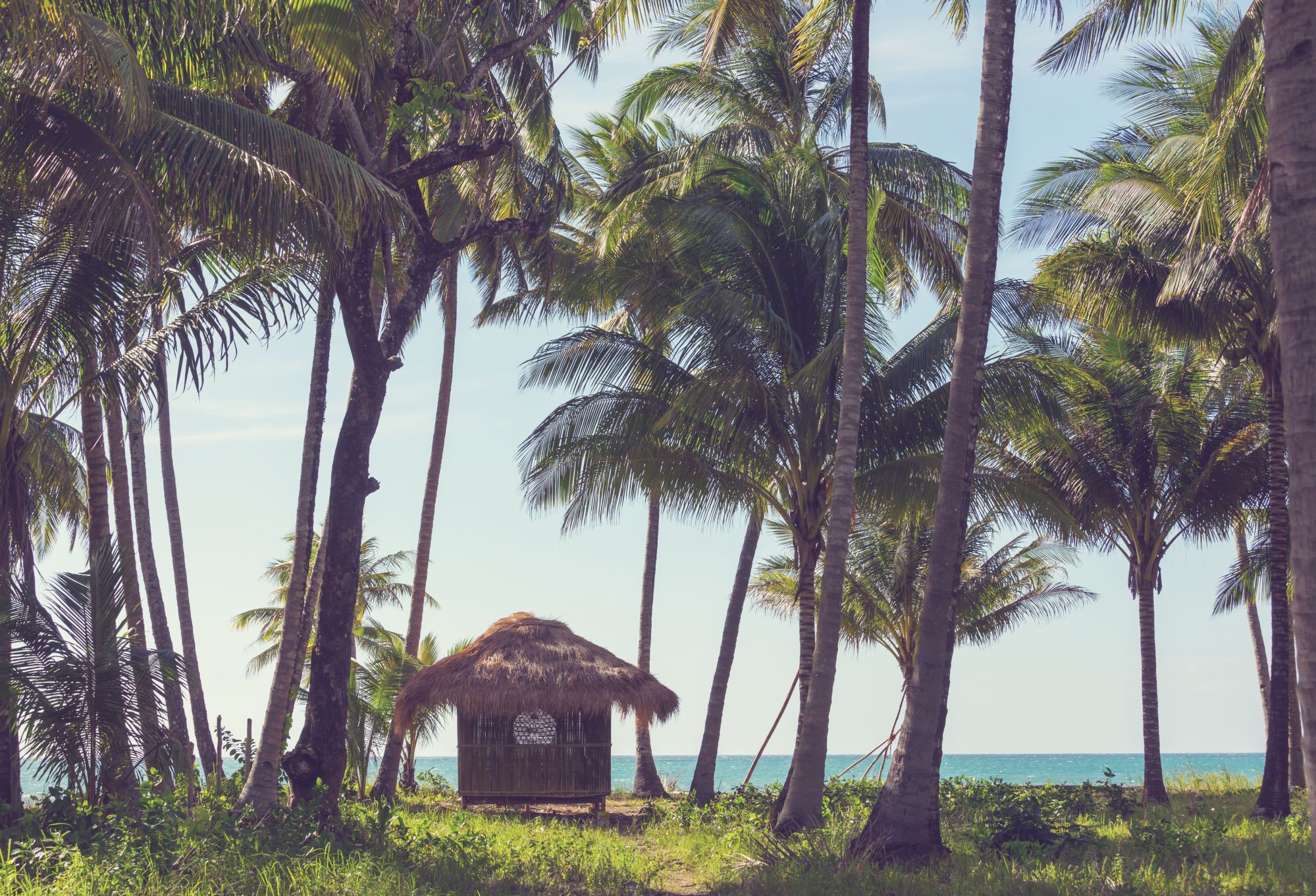Healthier Microbiome: Coconuts as Dairy Alternative for Your Gut
What Is the Gut Microbiome? The microbiome is the collective term for the trillions of bacteria. It also has some other microorganisms that live inside and on our bodies. You host around ten times more bacterial cells than human cells! While it's true that most of these microbes are beneficial and help keep us healthy, some amount of "bad" bacteria is also present. As with all ecosystems, we must maintain a delicate balance for optimum health. When we talk about gut health, we're referring to the health of these trillions of microorganisms that live inside our gut. The gut microbiome produces short-chain fatty acids, vitamins B and K2, that keep our immune system strong and provide energy. It also helps us digest our food and absorb nutrients to stay healthy. Coconut: A Healthier Alternative to Dairy for Your Gut It's no secret that
Read More




